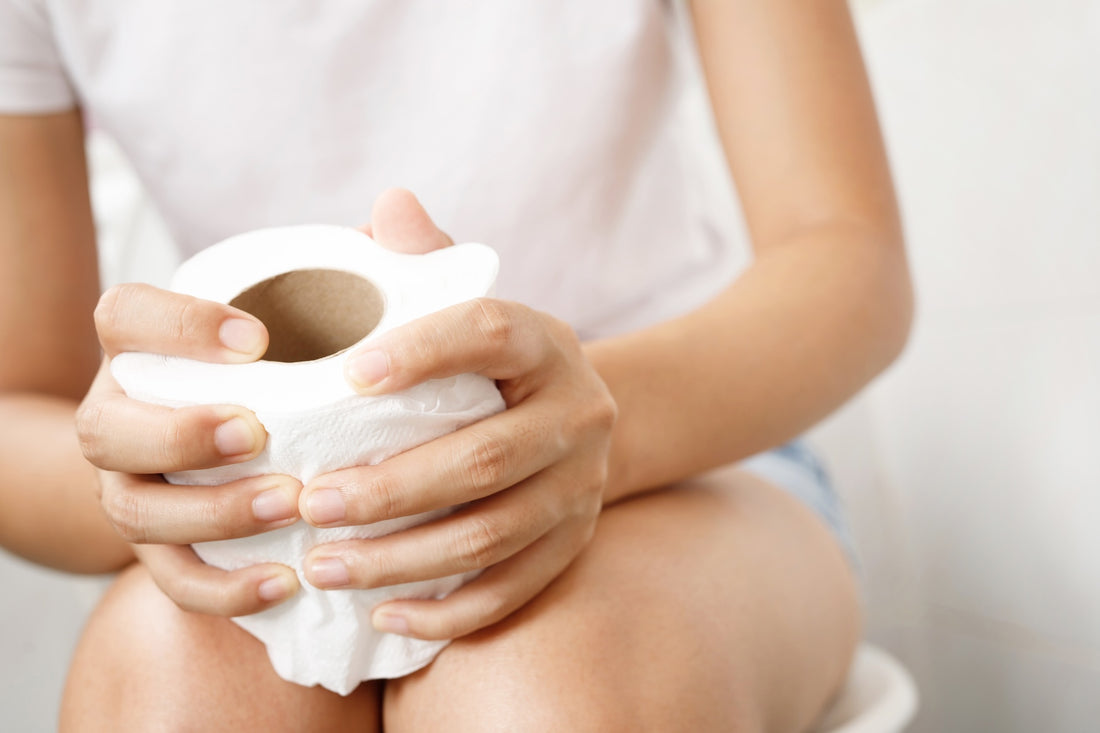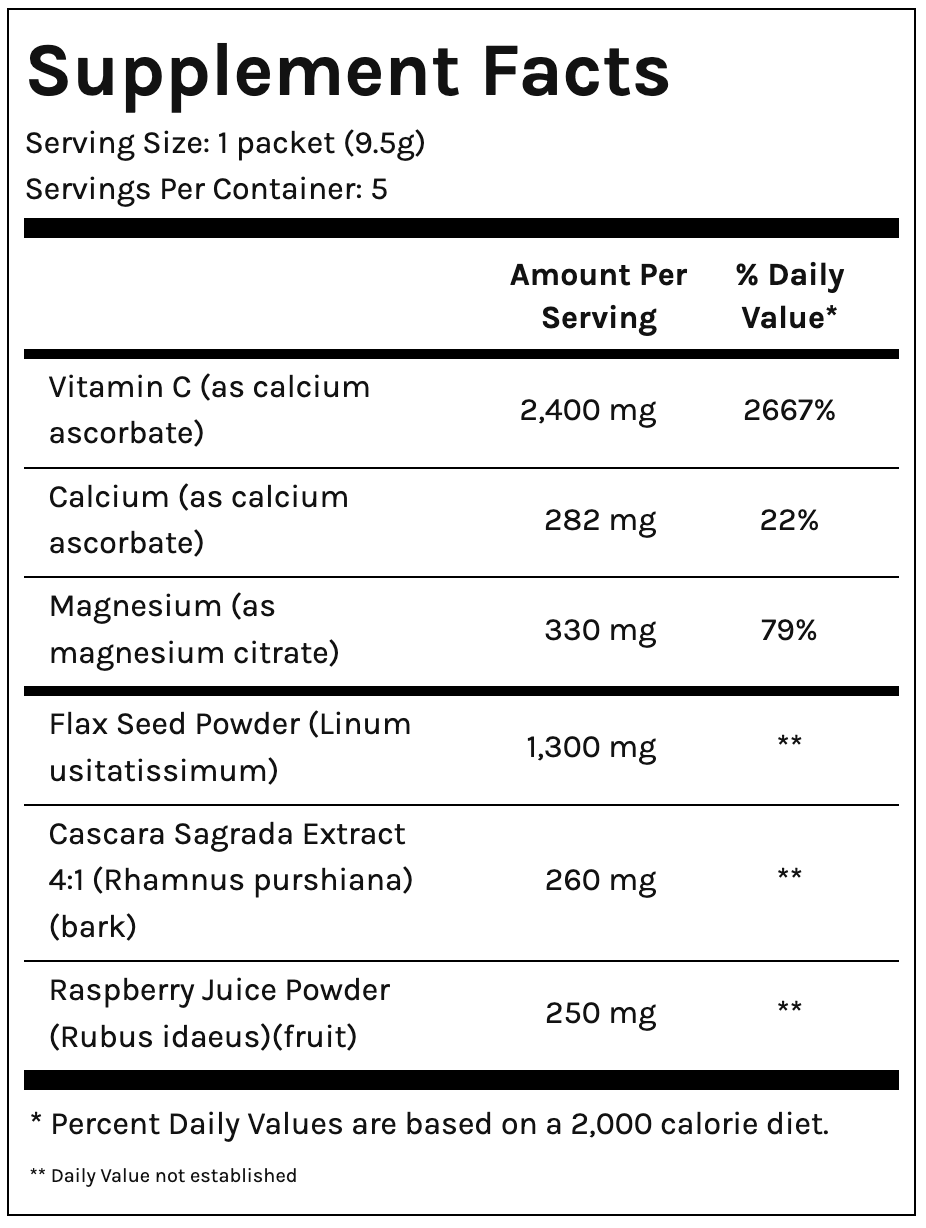Constipation is a common yet often overlooked health concern that affects millions of people worldwide. While it may seem like a minor inconvenience, chronic constipation can lead to significant discomfort and even serious health issues if left untreated. In this blog, we'll delve into the causes and effects of constipation, as well as explore effective remedies to alleviate this condition.
What is Constipation? Constipation is characterized by infrequent bowel movements or difficulty passing stool. It occurs when the colon absorbs too much water from the food waste, resulting in dry and hardened stool that is difficult to pass. The frequency of bowel movements varies from person to person, but typically, fewer than three bowel movements per week may indicate constipation.
 Causes of Constipation: Several factors can contribute to constipation, including:
Causes of Constipation: Several factors can contribute to constipation, including:
-
Poor Diet: A lack of fiber and fluids in the diet can lead to constipation. Fiber helps add bulk to stool, making it easier to pass, while adequate hydration keeps the stool soft and facilitates bowel movements.
-
Sedentary Lifestyle: Lack of physical activity can slow down the digestive system, leading to constipation. Regular exercise helps stimulate bowel movements and promote overall digestive health.
-
Medications: Certain medications, such as opioids, antidepressants, and antacids containing aluminum or calcium, can cause constipation as a side effect.
-
Medical Conditions: Chronic constipation may be associated with underlying medical conditions such as irritable bowel syndrome (IBS), hypothyroidism, diabetes, or neurological disorders.
Effects of Constipation: Constipation can have various effects on both physical and mental well-being, including:
-
Discomfort and Pain: Straining to pass stool can lead to abdominal pain, bloating, and discomfort.
-
Hemorrhoids: Chronic constipation increases the risk of developing hemorrhoids, which are swollen veins in the rectum or anus.
-
Fecal Impaction: Severe constipation may result in fecal impaction, where hardened stool becomes stuck in the rectum, causing blockage and further complications.
-
Reduced Quality of Life: Persistent constipation can significantly impact daily life, leading to frustration, irritability, and decreased productivity.
Remedies for Constipation: Fortunately, constipation is often temporary and can be relieved with simple lifestyle changes and home remedies. Here are some effective strategies:
-
Increase Fiber Intake: Include fiber-rich foods such as fruits, vegetables, whole grains, and legumes in your diet to promote regular bowel movements.
-
Stay Hydrated: Drink plenty of water throughout the day to keep the stool soft and facilitate smooth bowel movements.
-
Exercise Regularly: Engage in regular physical activity to stimulate bowel motility and improve overall digestive health.
-
Establish Regular Toilet Habits: Set aside time each day for bowel movements, preferably after meals when the digestive system is most active.
-
Consider Laxatives: In some cases, over-the-counter laxatives or stool softeners may be necessary to relieve constipation. However, it's essential to use them sparingly and under the guidance of a healthcare professional.
-
Address Underlying Health Issues: If constipation persists despite lifestyle modifications, consult a healthcare provider to rule out any underlying medical conditions and explore appropriate treatment options.
Conclusion: Constipation may seem like a minor inconvenience, but it can have a significant impact on one's quality of life if left unaddressed. By understanding the causes, effects, and remedies for constipation, individuals can take proactive steps to promote digestive health and alleviate this common condition. Remember to prioritize a balanced diet, regular exercise, and adequate hydration to keep your digestive system functioning smoothly. If constipation persists or becomes severe, don't hesitate to seek medical advice for proper evaluation and treatment. Your gut will thank you for it!




